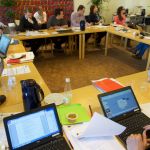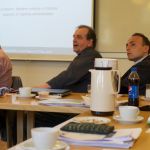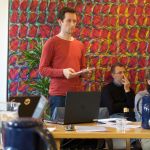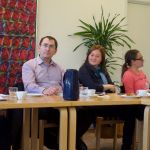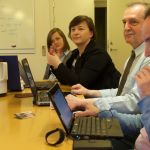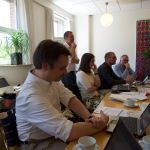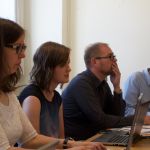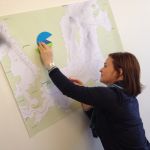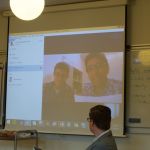6 - 7 May 2015 in Kopenhagen, DENMARK
During the 1st planners meeting of the Southwest Baltic case the partners presented the current status of the national MSP process, discussed the hot and overlapping issues, at the same time the decision was made to focus on four planning areas:
- Shipping
- Fishery
- Energy
- Environment
FILE DOWNLOADS
DOCUMENTATION
PRESENTATIONS
HELCOM on data supporting MSP
MSP – planning status for Denmark
NORDREGIO – Socio-economic data and maps
Fisheries in South West Baltic
Shipping and transport in South West Baltic
PHOTO GALLERY






